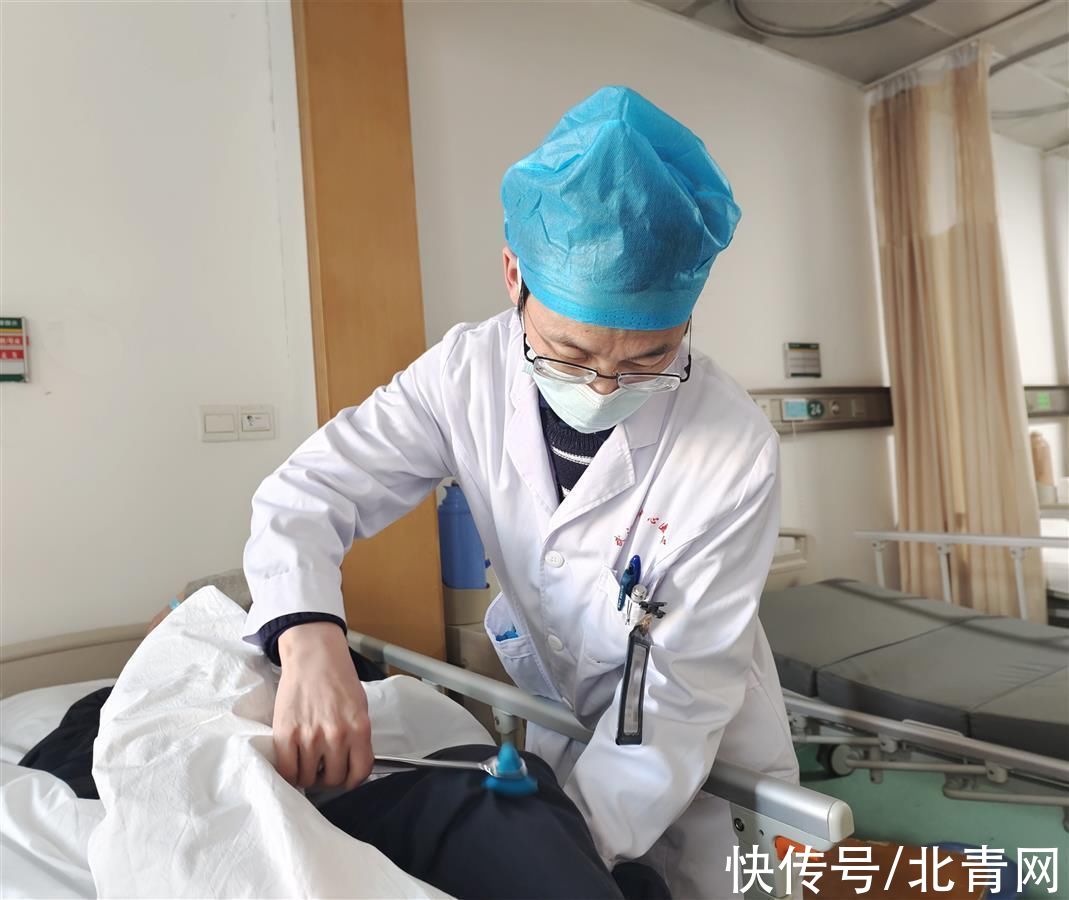
The last day of February every year is International Rare Disease Day, and this year is the 15th International Rare Disease Day.
At present, there are more than 7,000 rare diseases recognized internationally, accounting for about 10% of human diseases. 80% of rare diseases are hereditary. Relative to common diseases, rare diseases have a low incidence and are easily overlooked.
Experts appeal: Early detection, early diagnosis and early intervention are important means of preventing and treating rare genetic diseases.
Unfortunate family diagnosed with rare disease, cut off the genetic chain in time
Cao Jiqing, deputy chief physician of the Department of Neurology of Wuhan Central Hospital, once received Xiao Chen, a 15-year-old boy from Huangpi. Xiao Chen is the only child in the family. Because of long-term muscle weakness, he can only stay in bed at home every day and cannot even take care of simple life. After receiving the consultation, Cao Jiqing passed the auxiliary examination and considered that Xiao Chen had Duchenne muscular dystrophy and needed genetic testing for a clear diagnosis. Asking her mother again, she learned that her brother and uncle had the same symptoms and died before the age of 20. Subsequent muscle examinations and genetic testing confirmed the doctor’s judgment.
Cao Jiqing introduced that Duchenne muscular dystrophy is a rare hereditary muscle degenerative disease, mainly manifested as slow, progressive, symmetrical muscle weakness and atrophy. At present, there is no effective treatment method. Considering that Xiao Chen’s two sisters are also carriers of the disease-causing gene, genetic counseling is required for marriage in the future to avoid passing it on to the next generation.
Xiao Chen’s eldest sister and second sister chose to conceive normally due to personal reasons. The eldest sister’s genetic test at 22 weeks of pregnancy confirmed that the fetus did not carry the disease-causing DMD gene mutation. At present, the child is more than 2 years old, and there is no significant difference with children of the same age. However, her second sister was found to be carrying the disease-causing DMD gene mutation in her fetus, and she terminated the pregnancy in time, realizing the interruption of the DMD genetic chain.
“A large part of the patients I see are diseases caused by genetic factors. These patients often develop the disease at the age of three or four, and it is often too late to seek medical attention when they have severe symptoms.” Cao Jiqing said that early detection is of great significance to patients with rare diseases.
Early detection and early treatment can avoid family tragedy
Ms. Zhang (surname changed) is 50 years old this year. Four of the three generations of her family are suffering from “strange disease”. Ms. Zhang, her mother and younger sister had dark spots on their lips and stomach pains since they were young. They were operated on for gastrointestinal polyps and intestinal obstruction successively. The mother was also diagnosed with cervical cancer at the age of 61 and died a year later. Her son was also unlucky, and duodenal polyps were removed due to repeated intestinal obstruction since childhood.
Wuhan Central Hospital’s rare disease/familial genetic disease research team member Li Juyi, combined with the patient’s condition and family history, after genetic testing, confirmed that Ms. Zhang’s family of three generations and four people suffered from black spot polyposis syndrome. Other members of the family with similar symptoms who are not cancerous also carry the gene.
Black spot polyposis syndrome is a rare familial hereditary disease that can occur in both men and women. The main manifestations are dark spots on the lips and multiple polyps in the gastrointestinal tract. Gastrointestinal polyps can lead to serious complications such as obstruction, bleeding, intussusception, and malignant transformation. Dark spot polyposis syndrome greatly increases the risk of colon cancer, breast cancer and other cancers.
Li Juyi introduced that although the incidence of black spot polyposis syndrome is low, the risk of cancer is high. Early diagnosis, early preventive surgery or endoscopic intervention can significantly reduce the occurrence of emergency surgery and short bowel syndrome. Improve patient outcomes, reduce cancer morbidity and mortality, and prolong survival. “Pre-marital examinations, pregnancy examinations, and screening of neonatal genetic diseases are crucial to the prevention and treatment of rare diseases. If some rare diseases can be detected early and preventive interventions are made in a timely manner, patients may still be able to live with normal people. Live the same life.”
(Hubei Daily all-media reporter Yu Jinyi correspondent Liu Shanshan)